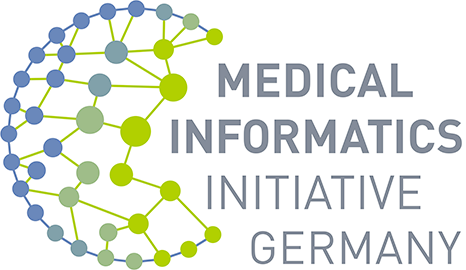28 November 2018. The Cabinet of the German Federal Government has adopted the new Health Research Framework Programme (Rahmenprogramm Gesundheitsforschung) submitted by Federal Minister of Education and Research Anja Karliczek. The ten-year funding scheme defines the federal government’s health-research strategy, and aims to address key illnesses, to promote promising methods and technologies, and to establish an environment conducive to better research.
The programme is structured into two guiding themes (Leitlinien) and three action areas (Handlungsfelder). The themes “Making people the focus” and “Personalisation and digitisation as the keys” cut across all of the programme’s action areas.
The central action areas for future health-research policy are “Preventing and treating diseases”, “Advancing medical progress” and “Strengthening Germany as a centre for research”. The federal government’s goal is to leverage new developments faster, to the benefit of people. To this end, it is focusing on personalised medicine and digital innovation. Moreover, medical informatics and artificial intelligence are to be used to tap into the enormous volumes of data associated with medicine. Data analytics has the potential to advance research and improve healthcare.
The Medical Informatics Initiative, coordinated by TMF, has a central role in the programme in terms of research into the digital transformation of healthcare. In particular, research-compatible electronic patient records could improve the quality of research, enable a better understanding of the causes of diseases, and support the development of innovative concepts for prevention and treatment. At the same time, data protection and security in medical contexts are a top priority for the acceptance of data-driven research.
In terms of infrastructure, targeted funding for collaborative research will continue to strengthen interdisciplinary and cross-institutional cooperation and networking. Furthermore, reliable and effective infrastructures for research in the life sciences form a vital basis for excellent medical research. For example, developments in personalised medicine go hand-in-hand with new requirements, especially in terms of infrastructures for studies, financial and human resources, physical facilities, and quality assurance and management.

